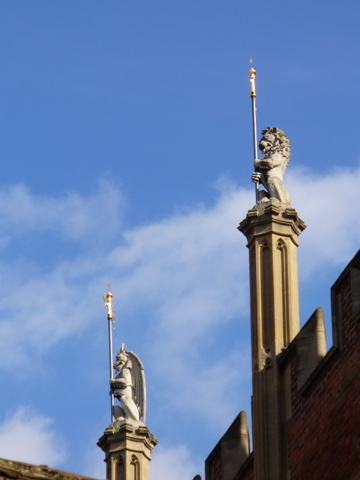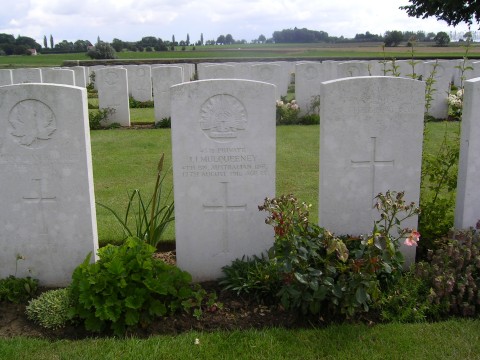It’s time
If you haven’t already, it’s time to nominate for the 2007 Cliopatria Awards for the best history blogging in six categories: best group blog, best individual blog, best new blog, best post, best series of posts, and best writing. Nominations close at the end of November. I admit that I tend to wait until late […]




